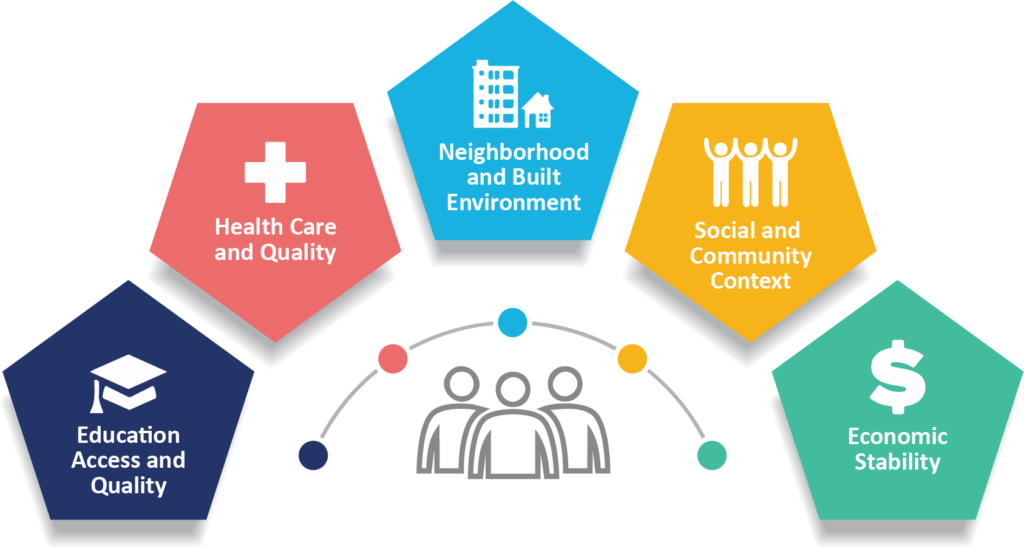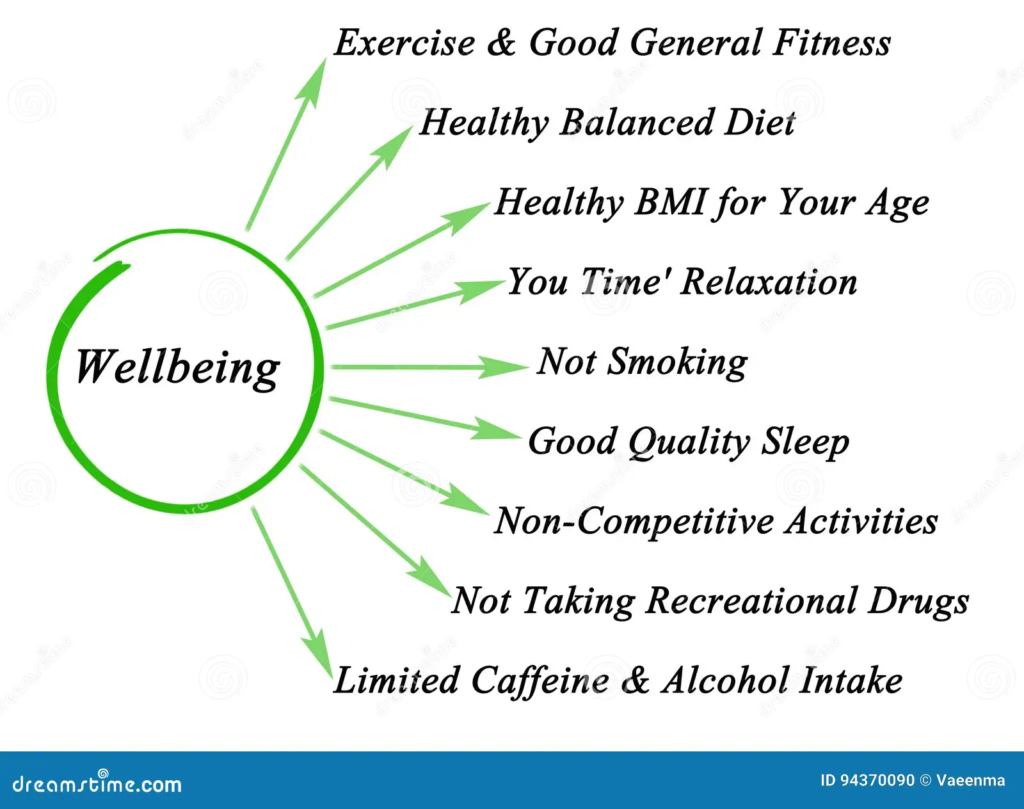
Introduction
Health, a multifaceted concept, is influenced by a complex interplay of factors. It’s not merely the absence of disease, but a state of complete physical, mental, and social well-being. This article delves into the key factors that shape our health, exploring how they interact and contribute to our overall well-being.
The Pillars of Health
- Lifestyle Choices:
- Diet: A balanced diet rich in fruits, vegetables, whole grains, and lean proteins fuels our bodies and strengthens our immune system. Excessive consumption of processed foods, sugary drinks, and unhealthy fats can lead to chronic diseases like obesity, heart disease, and diabetes.
- Physical Activity: Regular exercise is essential for maintaining a healthy weight, reducing stress, and boosting mood. It strengthens our muscles and bones, improves cardiovascular health, and lowers the risk of various diseases.
- Sleep: Adequate sleep is crucial for cognitive function, emotional regulation, and physical restoration. Chronic sleep deprivation can impair judgment, increase the risk of accidents, and weaken the immune system.
- Stress Management: Chronic stress can have detrimental effects on both physical and mental health. Effective stress management techniques, such as meditation, yoga, and deep breathing, can help reduce stress levels and promote relaxation.
- Environmental Factors:
- Air Quality: Clean air is essential for respiratory health. Exposure to air pollution, particularly from vehicle emissions and industrial activities, can lead to respiratory problems, heart disease, and lung cancer.
- Water Quality: Safe drinking water is vital for overall health. Contaminated water can transmit waterborne diseases, such as cholera and typhoid.
- Noise Pollution: Excessive noise can disrupt sleep, increase stress, and lead to hearing loss.
- Occupational Hazards: Exposure to hazardous substances and conditions in the workplace can increase the risk of occupational diseases and injuries.
- Social and Economic Factors:
- Socioeconomic Status: Income, education, and social status can significantly impact health outcomes. Individuals with lower socioeconomic status often have limited access to healthcare, nutritious food, and safe housing, which can increase their risk of illness and premature death.
- Social Support: Strong social connections and support networks can buffer the negative effects of stress and promote resilience.
- Education: Education plays a crucial role in promoting health literacy, enabling individuals to make informed decisions about their health and well-being.
- Genetic Factors:
- Heredity: Genetic predisposition can influence our susceptibility to certain diseases. While genes play a role, lifestyle factors can significantly impact disease risk.
Interconnectedness of Factors

The factors that influence health are interconnected and often interact with each other. For example, a person with a genetic predisposition to heart disease may be more likely to develop the condition if they have a sedentary lifestyle, a poor diet, and high levels of stress.
Promoting Optimal Health
To achieve optimal health, it is essential to address all aspects of well-being. This includes:
- Making informed choices: Prioritize a balanced diet, regular physical activity, adequate sleep, and effective stress management.
- Creating a healthy environment: Reduce exposure to air and noise pollution, ensure access to clean water, and promote safe and healthy workplaces.
- Building strong social connections: Foster positive relationships with family, friends, and community members.
- Seeking preventive healthcare: Regular check-ups and screenings can help identify and address potential health problems early on.
Conclusion

Health is a complex and dynamic concept influenced by a multitude of factors. By understanding the interplay of these factors, we can take proactive steps to improve our well-being. By making informed choices, creating healthy environments, and building strong social connections, we can strive for a healthier and happier life. Remember, health is a journey, not a destination. Embrace a holistic approach to wellness and prioritize your health at every stage of your life.Sources and related content